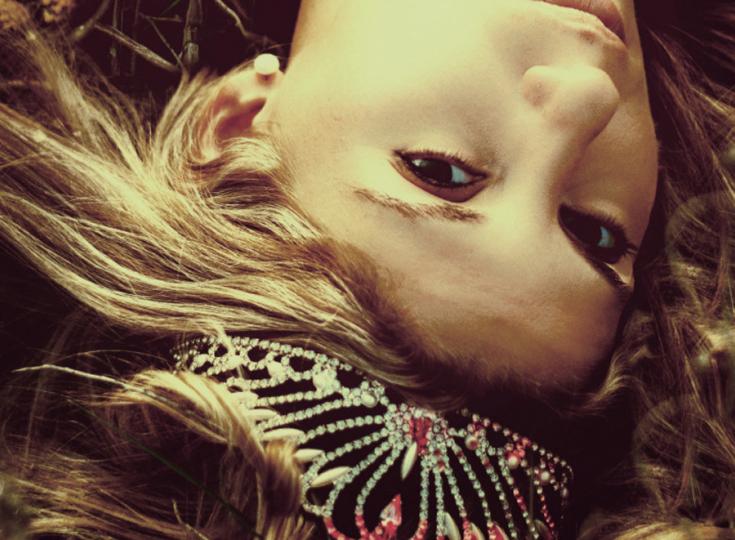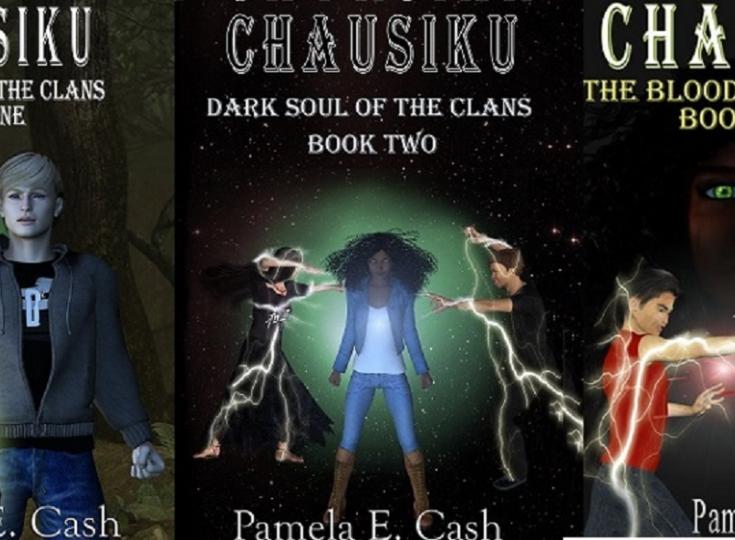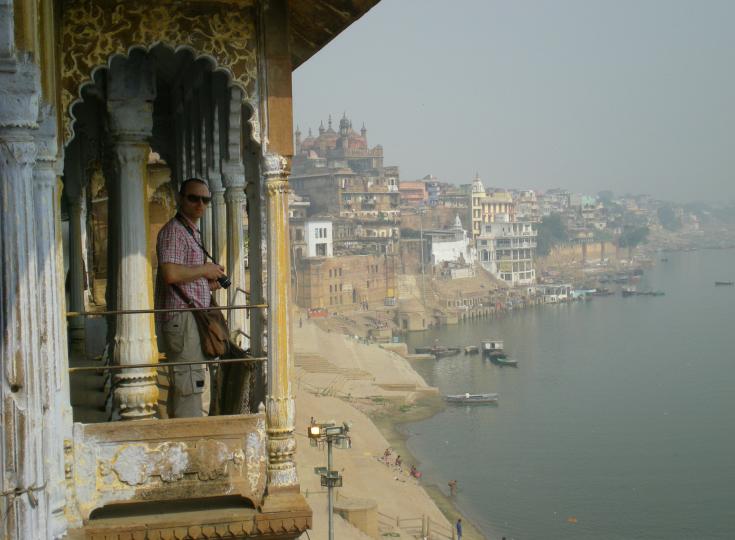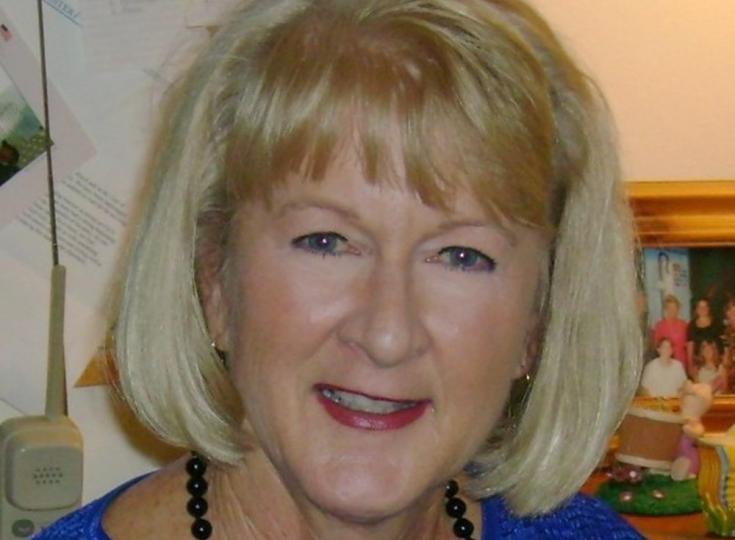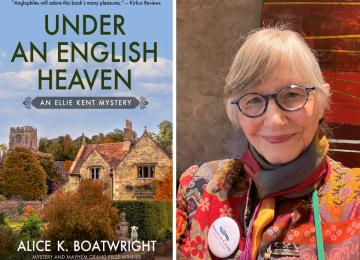Ruth Saberton - Family, Forbidden Love, and Long Kept Secrets
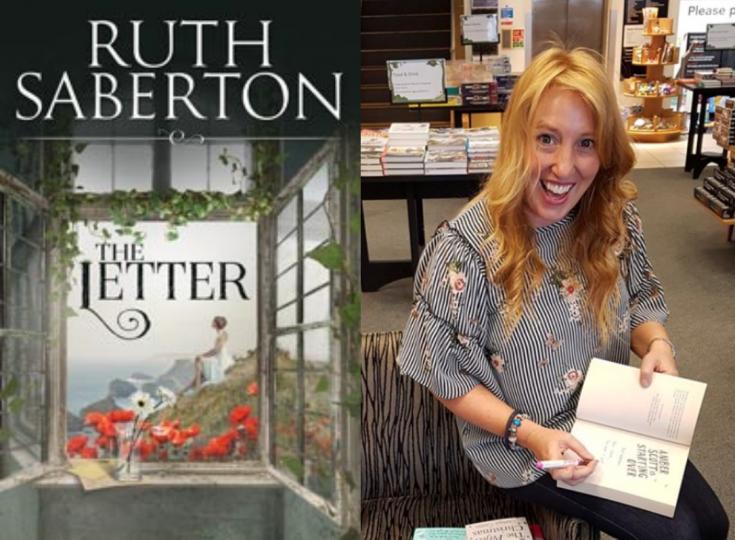
Ruth Saberton always knew she wanted to be a writer. From an early age, she was busy filling notebooks with stories. Her debut novel, 'Katy Carter Wants a Hero' was championed by Richard and Judy and nominated for the RNA's Romantic Comedy of the Year Award as well as being described by Heat Magazine as, 'the heir apparent to Bridget Jones'. Ruth writes under her own name, but also has several pen names which include Jessica Fox, Georgie Carter, Holly Cavendish, and Lucy Hepburn. Ruth is published by Orion, Pan Macmillan, Harper Collins, and Notting Hill Press. Ruth lives in Cornwall where she continues to write romantic sagas and contemporary romance set in the beautiful county. As our Author of the Day, Ruth told us all about her book, The Letter.
Please give us a short introduction to what The Letter is about.
A dented 1914 tobacco tin, some faded sepia photographs, and a handful of letters were the starting point for my novel of loss, secrets, and long forgotten love. Discovered when sorting out a cupboard in the family home, these treasures were all that remained of a love that lasted a life time and which my great-aunt never forgot. I would describe The Letter as a book about the tenacity of love and the human spirit in the face of loss, conflict and the passing of time. The novel follows the stories of a young twenty-first century widow, Chloe Pencarrow, and Kit Rivers, a young poet who fought in the First World War and was caught up in a secret love affair.
What inspired you to write about forgotten poetry?
The Letter holds a very special place in my heart. The inspiration for the book came almost by magic when I stumbled across a faded photograph of my Great-Aunt Ella’s fiancé, Arthur, lost on the battlefield during WW1. My mother explained how Ella refused to believe Arthur was dead and always hoped he might return, searching for him her entire lifetime and never loving again. We also found letters and a tin that had belonged to Arthur with his New Testament and a medal. My great-aunt’s tragic story has slipped from memory into history but in The Letter past and present, fiction and truth, come together as a young widow seeking to come to terms with her grief uncovers a forgotten love story.
As I wrote I began to think about how many other stories had been lost over time. When I worked as an English teacher I taught and studied war poetry, and this was the springboard for the character of Kit Rivers. As with the work of Wilfred Owen, Siegfried Sassoon and Rupert Brooke the horrors of war become a catalyst for drawing out the finest poetry. So many young men must have written poetry in order to make sense of their experiences of war and the chances of this work surviving the mud and shells and passing years is slim. What were their stpries? Who was left behind to mourn them?
There are so many stories of letters and diaries which were discovered years after those who wrote them died that I began imagining a situation where somebody would come across long lost poetry just as I uncovered my great-aunt’s story.
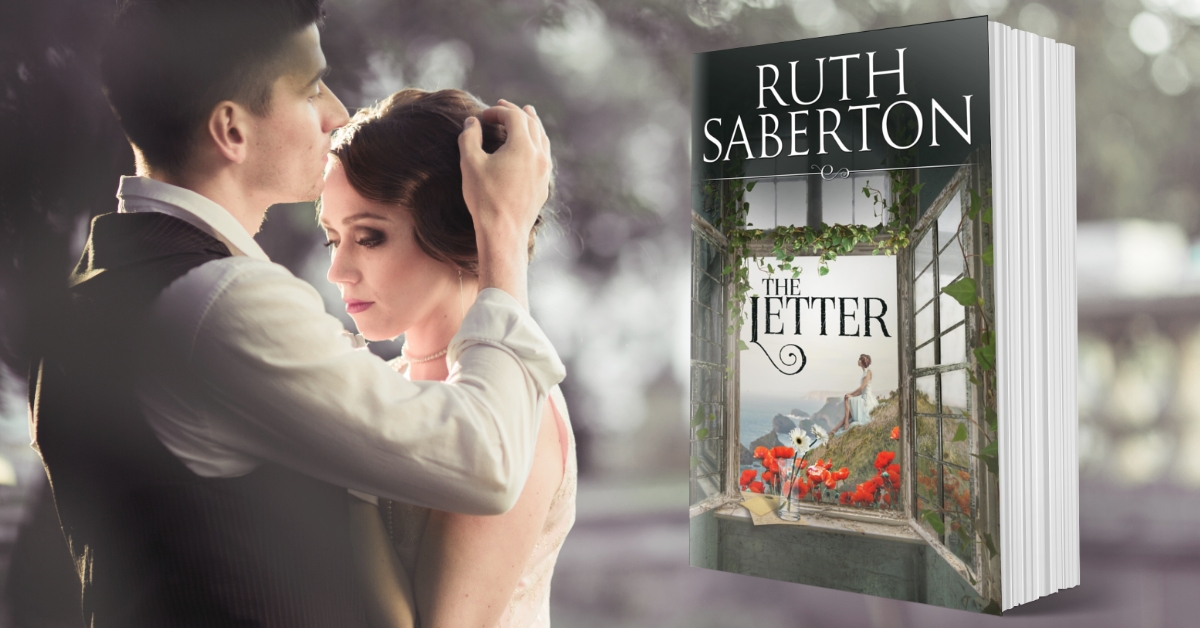
Tell us more about Chloe Pencarrow. What makes her tick?
Chloe is a young woman who has suffered an agonising loss which she struggles to understand, let alone come to terms with. At the start of the novel she has moved to the Cornish coastal village of Rosecraddick looking for solace following the death of her husband Neil. Chloe is an art teacher, and talented artist in her own right, yet she is unable to lose herself in her work or find joy in much at all. There is also a suggestion that at some point she has had a breakdown and been signed off from her job. Chloe just is as traumatised by the process of Neil’s cancer and death as other characters in the novel are by loss from conflict. The parallels between her journey and theirs become clear as the novel progresses. At points in the book it appears that Chloe sees and speaks to Neil who guides and advises her but whether this is all in her mind or a visitation from his ghost is left to the reader’s discretion. Neil fades as the story progresses – an echo of the healing process and journey. As Chloe discovers the story of Kit Rivers and his lost love affair she begins a journey of healing which runs parallel with the events of 1914-18.
What makes Kit Rivers so special?
Kit Rivers is a young man with a hard choice to make: does he follow the path set out for him from birth or does he follow his heart to pursue love and his calling to be a poet? Kit has an ability to see to the core of a matter, and the soul a person, and this insight and steadfastness make him an exceptional poet and an inspirational officer. He’s a loyal friend (as we learn in THE LOCKET when he appears again) and he is also a tender and devoted lover. Poetry becomes Kit’s way of speaking about the truth of war and he finds true literary power and conviction in the midst of awful conflict. I chose not to write scenes of him at the Front but rather left this to the imagination since we know so much about the horrors of the Great War. Instead I chose to focus on the domestic sphere of those left behind. Kit’s importance to the novel, and Rosecraddick, becomes clear when Chloe sees the memorial window at Rosecraddick Church. Here Kit is portrayed as a rather distanced figure, more angel than man, and it is only as his true story is uncovered that the reader learns the truth about him, and through his poetry, of the war.
How much research did this book require from you? What was the most interesting aspect of this research?
This book required a huge amount of research into social history of the WW1 era as well as Cornwall at this time. I love doing research, history is a passion of mine, and I spent a long-time reading eye witness accounts and history of the First World War. I also re-read an awful lot of war poetry. I love to visit locations as part of my research, and I believe that this is by far the best way to make a novel authentic. For The Letter I visited Oxford, Lanhydrock House in Cornwall and Cothele House (for Rosecraddick Manor) and I also used my own knowledge of Talland Bay to create the church and Rectory.
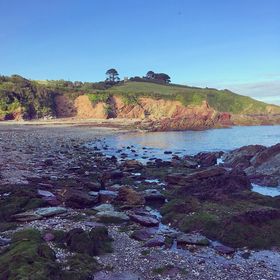
I always think the most interesting part of research is the uncovering of tales of real people and waking stories that have slumbered for decades. I also love to shiver at the supernatural and as I researched this book I felt sure that my great-aunt was never far away, urging me on to tell the story of all the young women like her who sacrificed so much.
Why did you pick Cornwall as the backdrop for this story?
I’m lucky enough to live in Cornwall, on the banks of the River Fowey and deep in the heart of du Maurier country, so inspiration is never far away and the past is always just over my shoulder; if I turn around fast enough, I feel I might catch it. These remains of the recent past is as much a part of Cornwall’s past as skeletal tin mines, weathered standing stones and ancient Celtic crosses. The landscape of Cornwall is a huge inspiration, as well as the myths and legends which are engrained in this ancient and mysterious landscape, and these find their way into all my stories. Cornwall is an escape, a dream and a state of mind. It’s a wonderful place with shifting tides, dancing gulls and hidden coves. I would say it’s impossible for me not to write about.
Besides writing, what other secret skills do you have?
I don’t think I have any secret skills! I can gallop a horse fast but it’s not a secret! Anyone can see that on my YouTube channel!
Forbidden love is a recurring theme in some of your stories. Why?
I’m fascinated by the constraints that class and expectations can place on people and this is not just a thing of the past - take the marriage of Prince William to Kate Middleton as an example. I recall only a few months ago a glossy magazine ran a nasty piece where ‘friends’ sneered about her middle-class habit of scented candles and a tidy house! If this is still the case in 2020, how much worse would things have been at the turn of the last century? Kit Rivers is the Lord of the Manor’s son and expected to marry well and into his own class. The same is true of Emily Pendennys in The Locket (who is the heiress Kit’s parents have their eye on in The Letter). The issue in The Promise is one of race rather than class and the pressures that a young Cornish woman faces when she falls in love with a handsome black GI. What will people do for love? What won’t they do? What will they sacrifice? And why are other people intent on standing in their way? Obstacles to love are wonderful catalysts for narrative and exploring them also holds a mirror up to our own beliefs, prejudices and social constraints. Conflict drives narrative too…
In real life, do you believe that love conquers all?
Of course!
Readers say The Letter contains a lot of raw emotion - how did you pull this off?
As I wrote the novel I was grieving, and I identified hugely with Chloe. Writing this novel was a process for me just as much the events of the story are for her. The raw emotion that so many readers connect with comes straight from my heart and the place that I was in as I wrote the book. The opening section with Chloe is heavy and times feels slow – which is exactly the mood and tone I wanted to achieve because this is just what grief feels like; every day feels as though it’s a huge effort and the time wears concrete boots. Chloe is broken and life holds no meaning or joy. She wakes up and cries because there is nothing else ahead but another day without Neil and thousands and thousands more to endure. My great-aunt must have felt exactly like this after losing her fiancé at Cambrai and she lived into her late eighties. How did she bear it? How did she carry on? I can never ask her but only guess that, like Chloe, little by little light started to filter through the dense clouds and there small points of interest to spark joy once more. Sometimes I look at my reviews and I know some readers have said that the grief is ‘too much’ or ‘excessive’. Grief is always too much to bear and we wonder how we will carry on. I also think to myself that these people have never known such overwhelming all-consuming loss. Do I envy them or pity them for not knowing that depth of love and connection? I’m never certain. All I can say is that grief is universal and when you write from the heart readers always know and it connects with them.
When starting on a new book, what is the first thing you do?
I used to just start writing a book but I leaned very early on that this can lead to great long and often unwieldy novels which can lack direction. Nowadays I’m a great fan of planning and this begins with research and collating. I’ll often be inspired by the places around me and will snap lots of images on my iPhone too so that I can refer to them. I’ll take a notebook out to locations to jot down some sense imagery or maybe write a page of prose. Once the plot begins to form I’ll write the synopsis of the novel out before dividing it into chapters. I’ll also make a file for the characters which will have all the details about them that I may or may not need. This makes them real to me and also means I don’t do anything daft like change their eye colour half-way through! Once I am happy with everything I’ll start to write. The plan isn’t rigid, and characters and events will still take me by surprise, but this way I have a map to help me navigate the journey through the story.
Do you have any interesting writing habits? What is an average writing day like for you?
I don’t have an average writing day at all! I’m not the kind of person who has any kind of structure to her day and when the days are short as they are at this time of the year I spend as much daylight time as I possibly can outside with my horses. Writing tends to take place in the afternoons and evenings. I would say that I am a night owl and stay up to the small hours writing. I can also become very obsessive and once I’m in to a novel I can spend hours and days totally immersed in writing it. The story is unfolding for me too and I want to know what happens next! I don’t work at a desk either but instead I like to take my laptop out and about with me. In the summer I work in the garden under a big umbrella. This time of year (November) I’m as close to the wood burner as possible!
What are you working on right now?
I’ve just completed my Christmas book, Christmas by Candlelight, which is the eighth book in my Polwenna Bay series. I’m now starting a new standalone novel set in Cornwall on the River Fowey. This novel, like The Letter, will take place between 1914 and the present. It’s early days yet but I’m already lost in writing.
Where can our readers discover more of your work or interact with you?
I spend far too much time on Facebook! Readers can find me at my author page RuthSabertonAuthor
There’s a newsletter too and anyone who signs up for it will hear from me every few months and will also receive ebooks of the first two novels in my Cornwall set Polwenna Bay series.
